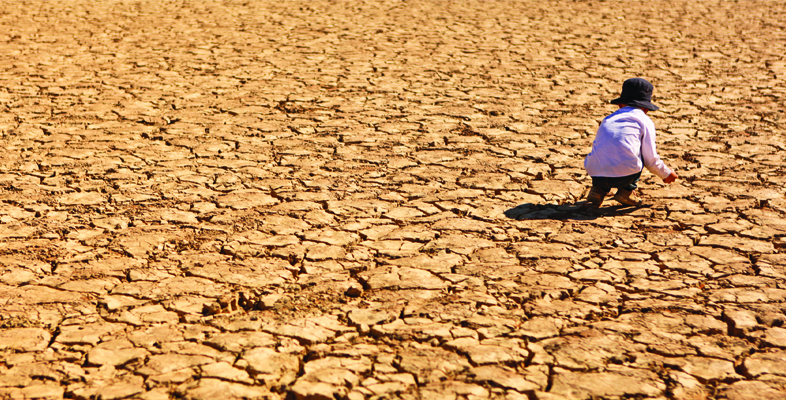Home » Course Layouts » Free Course Layout Udemy
This course, Climate justice for the next generation, frames global warming and climate change in terms of social justice, human rights and intergenerational equality and emphasises how children and those least responsible for climate change are the ones who suffer its most significant consequences
0
52
English
English [CC]
FREE
- Learn basic syntax that can apply to any language.
- Learn what is a programming language and the basic concepts for beginners.
- Understand what is Javascript in it's truest form.
- Know the basic syntax of Javascript.
- Know some hidden quirks in Javascript.
Description
The course looks at the impact climate change has on children’s rights and considers the role the next generation has as activists and campaigners within their changing environments. It concludes with a look at the contemporary work being done on ‘plastic childhoods’.
Course learning outcomes
After studying this course, you should be able to:
- Understand the importance of the United Nations Convention on the Rights of the Child (UNCRC)
- Recognise the links between children’s rights and climate justice
- Understand the impacts of climate change on children and young people and recognise the reasons why they are at the forefront of climate change campaigns
- Appreciate the relationship between children and the environment
- Understand the idea of ‘plastic childhoods’ and look at the ways that plastics are entangled in children’s lives.
Course content
- Introduction 00:15:00
- Learning outcomes 00:07:00
-
- Children and young people’s rights 00:20:00
- The United Nations Convention on the Rights of the Child (UNCRC) 00:20:00
- The 3Ps of children’s rights 00:25:00
-
- Climate change and children’s rights 00:25:00
- How are children’s rights affected by climate change? 00:20:00
- Climate justice for the next generation 00:30:00
- Are young people particularly environmentally conscious? 00:10:00
- Plastic childhoods 00:30:00
- Thinking materially: children, nonhumans and Common Worlds 00:15:00
- Conclusion 00:20:00
N.A
- 5 stars0
- 4 stars0
- 3 stars0
- 2 stars0
- 1 stars0
No Reviews found for this course.
Instructor
OpenCoursa
Accessible Education for Everyone
5
5
6
24772
4637
We are an educational and skills marketplace to accommodate the needs of skills enhancement and free equal education across the globe to the millions. We are bringing courses and trainings every single day for our users. We welcome everyone woth all ages, all background to learn. There is so much available to learn and deliver to the people.
Explore Free Courses
Access valuable knowledge without any cost.
{"title":"","show_title":"0","post_type":"course","taxonomy":"course-cat","term":"engineering-skills,health-and-safety","post_ids":"","course_style":"free","featured_style":"course6","masonry":"","grid_columns":"clear4 col-md-3","column_width":"268","gutter":"30","grid_number":"4","infinite":"","pagination":"","grid_excerpt_length":"20","grid_link":"1","grid_search":"0","course_type":"","css_class":"","container_css":"","custom_css":""}










